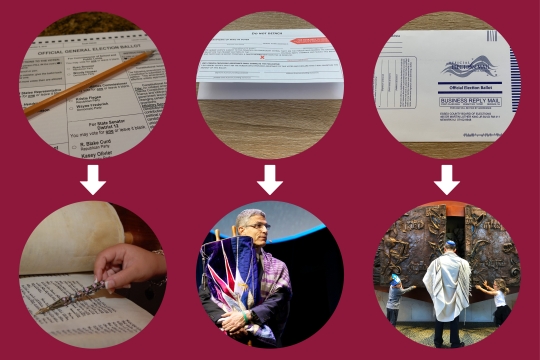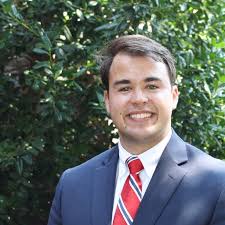
Late January featured "National School Choice Week," during which proponents of school vouchers worked to promote the visibility of voucher programs around the country. The Trump administration marked the week with great fanfare, including a proclamation from the president.
Those who advocate for voucher programs, however, obfuscate the real danger they pose for core constitutional principles and important protections in place for students.
School vouchers divert public funds to programs that subsidize the cost of private educations for families around the country. Most of the time, these funds are used to cover the cost of private, religious educations. Voucher programs also subject families and the students to exemptions from essential antidiscrimination law, often unbeknownst to the recipients themselves. For example, many protections afforded to students through the Individuals with Disabilities Education Act (IDEA) are forfeited by families when they accept vouchers, leaving students in schools without any guarantee that they will receive an education that meets their basic needs.
When used in this way, taxpayers foot the bill for religious education and subsidize the cost of programs that might not meet the needs of the students they are serving. Such programs violate the basic principle enshrined by the Establishment Clause of the U.S. Constitution, which guarantees that the government will not promote religion. Moreover, such programs endanger the religious autonomy that people of faith deeply cherish by entangling religious institutions with the specter of government oversight.
We also know that vouchers are used to subsidize education at schools that discriminate against LGBTQ students. While private, religious schools are entitled to advocate the views consistent with their religious beliefs, voucher programs use taxpayer money to subsidize these views and potentially subject LGBTQ students to hostile learning environments.
Many students with disabilities or whose identities religious schools find objectionable may be rejected from admission to these schools in the first place. Voucher programs do not actually guarantee "school choice," as private schools are not required to lift their exclusive admissions processes despite receiving voucher money.
For these reasons, the Reform Movement is a proud member of the National Coalition for Public Education, which has long fought against voucher programs. We insist that the government use taxpayer dollars to improve public schools. Rather than divert funds from the public school system through vouchers, we must continue to focus our funding on opportunities to strengthen public schools. We believe that every student is entitled to a world-class public education. In the name of improving a student's opportunities, voucher programs in fact limit a student's horizons.
The RAC used "National School Choice Week" to demand that the Department of Education hold voucher programs and the schools that receive voucher money accountable. We joined the National Coalition for Public Education in demanding that the Department of Education collect data from the voucher program in our nation's capital. We believe that such accountability will demonstrate the weaknesses of voucher programs. We will continue to fight against proposals to use public funds to subsidize the cost of private educations through voucher programs.
As Jews, we value religious freedom and autonomy. Our opposition to voucher programs stems directly from our fundamental commitment to the separation of church and state. Taxpayer money should not be used to fund religious educations, nor educations that inadequately meet the needs of students.
Related Posts

Favorite Jewish Teachings from Leaders of Color

What Jewish Wisdom Can Teach Us about Waiting for Election Results

